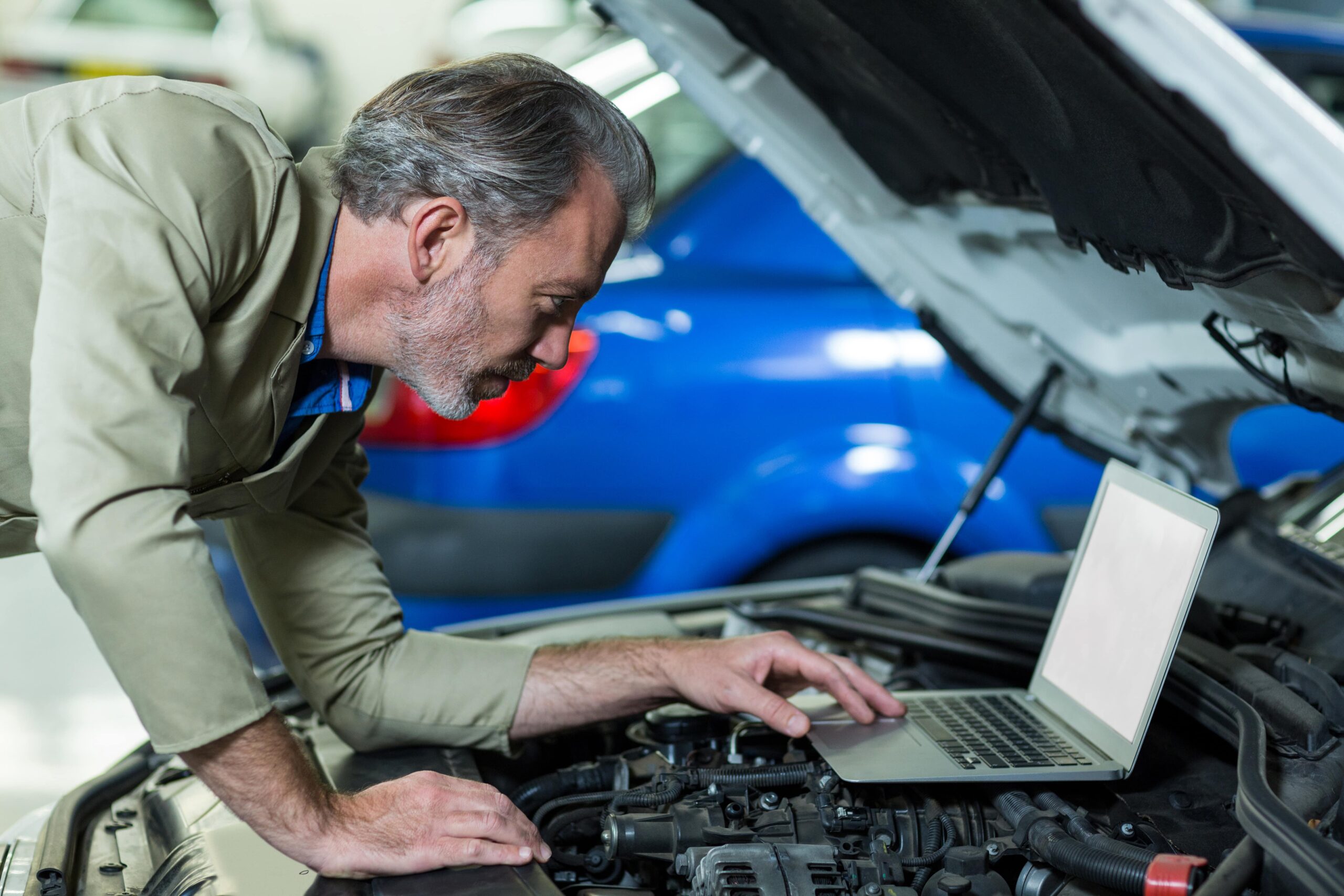
Every vehicle owner knows that the heart of any car is its engine, and keeping it in top shape is essential for reliable performance and safety. Regular engine repair and diagnostics play a crucial role in maintaining your vehicle’s longevity, efficiency, and overall value. Whether it’s a small sensor malfunction or a complex mechanical fault, understanding how engine diagnostics work and when to seek professional repair can save you from costly breakdowns and unexpected hassles.
Understanding the Importance of Engine Repair
Your engine is a sophisticated system made up of hundreds of components working together to generate power and keep your car moving. Over time, wear and tear, environmental factors, and poor maintenance can lead to problems such as misfires, overheating, or reduced fuel efficiency. Addressing these issues promptly through professional engine repair helps prevent minor faults from developing into major, expensive damage.
A well-maintained engine not only ensures smooth performance but also improves fuel economy and reduces emissions. By staying proactive about repairs, you extend the life of your vehicle and protect your investment. Neglecting small warning signs—like strange noises, vibrations, or dashboard warning lights—can lead to more severe complications such as engine failure or a complete breakdown.
The Role of Engine Diagnostics
Modern vehicles rely heavily on electronic systems, and the engine control unit (ECU) monitors nearly every function of your car. When something goes wrong, the ECU stores an error code, often triggering the “Check Engine” light on your dashboard. This is where diagnostics come in.
Engine diagnostics involve connecting your vehicle to specialized equipment that reads these error codes, allowing technicians to pinpoint the root cause of the issue. Whether it’s a failing oxygen sensor, faulty spark plug, or a clogged fuel injector, diagnostics remove the guesswork and allow for targeted, efficient repairs.
Advanced diagnostic tools can also detect issues that aren’t immediately visible or audible, such as irregular fuel-air mixtures, timing issues, or sensor malfunctions. By identifying problems early, diagnostics help avoid more significant mechanical failures and unnecessary part replacements.
Common Signs Your Engine Needs Attention
Even with today’s technology, it’s important for drivers to recognize signs that their engine might need inspection or repair. Here are a few warning signals to look out for:
Unusual Noises: Knocking, tapping, or rattling sounds from the engine bay often indicate internal component wear or lack of lubrication.
Poor Performance: Reduced power, sluggish acceleration, or difficulty starting can all point to underlying engine issues.
Excessive Exhaust Smoke: Blue, white, or black smoke from the exhaust can signal problems with oil burning, coolant leaks, or fuel mixture imbalances.
Warning Lights: The “Check Engine” or other dashboard lights shouldn’t be ignored—they often point to issues that can worsen if left unchecked.
Decreased Fuel Efficiency: A sudden drop in miles per gallon may suggest engine inefficiency caused by faulty components.
If you notice any of these symptoms, it’s important to seek professional help immediately. Delaying repairs can lead to greater damage and higher repair costs later.
Benefits of Professional Engine Repair Services
Attempting to fix engine problems without the right tools or expertise can do more harm than good. Professional repair services offer several key benefits:
Accurate Diagnosis: Certified technicians use advanced diagnostic systems to accurately identify the issue and determine the best solution.
Quality Parts: Reputable repair centers use manufacturer-approved parts that ensure performance and durability.
Comprehensive Service: From replacing worn components to recalibrating sensors, professionals handle all aspects of engine care.
Cost Efficiency: While DIY fixes might seem cheaper initially, professional repairs prevent recurring issues and costly future breakdowns.
Preventative Maintenance for a Healthy Engine
Preventative maintenance is the key to avoiding major engine issues. Regular oil changes, timely filter replacements, and using high-quality fuel are simple yet effective ways to keep your engine running smoothly. Scheduling periodic diagnostic checks ensures your engine’s components are functioning correctly and helps identify potential problems early.
Additionally, always follow your vehicle manufacturer’s maintenance schedule. Regular tune-ups and inspections ensure that your spark plugs, timing belt, and sensors remain in good working order. These small steps can dramatically improve your car’s lifespan and reliability.
Why Choose Professional Diagnostics and Repair
Entrusting your engine to trained professionals guarantees precision and reliability. Experienced technicians have the expertise to interpret complex diagnostic codes and perform detailed repairs, ensuring your vehicle returns to optimal condition. Moreover, professional repair shops often offer warranties on parts and services, providing added peace of mind.
When it comes to something as vital as your engine, cutting corners can be costly. Always choose a trusted service provider with a proven track record in diagnostics and repair excellence.
Final Thoughts
Your car’s engine deserves expert care to perform at its best, and regular diagnostics combined with professional repairs are the best way to achieve that. Staying proactive not only prevents unexpected breakdowns but also enhances performance, fuel economy, and safety. Whether your engine needs a simple tune-up or a major repair, trust the experts who understand your vehicle inside and out. For reliable diagnostics, skilled technicians, and top-quality service, visit autozone manchester, where keeping your engine in perfect condition is always a top priority.




